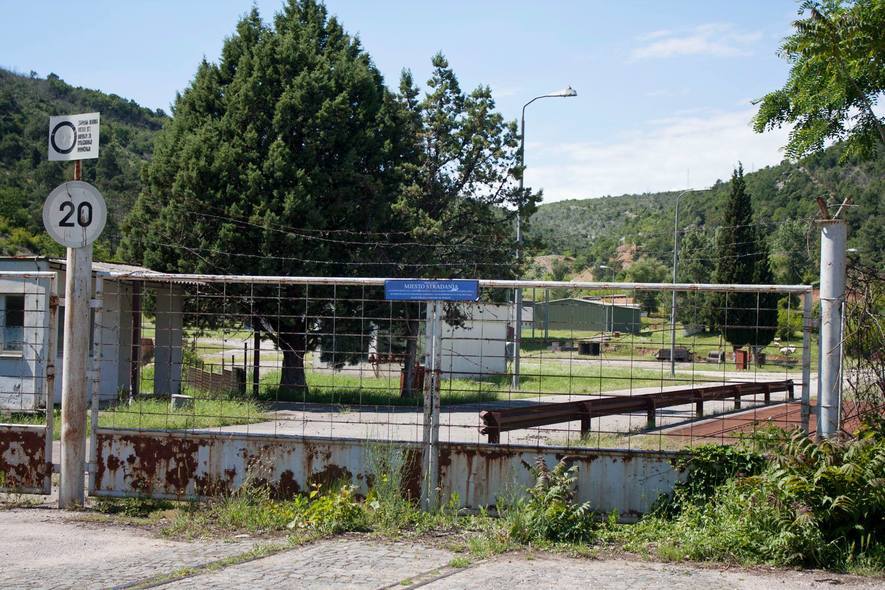Zagreb, February 7, 2023
A few days ago, graffiti appeared on Dr. Franjo Tuđman's Bridge in Čapljina (Bosnia and Herzegovina) saying "Death to Balije" with a drawn letter "U" with a cross, while another read "We will slaughter Muslim women and children".
As we learn from the media, the graffiti has been removed, which we support and welcome. Nevertheless, on the occasion of these messages of extreme hatred, we are sharing a reminder of the events in the Dretelj camp, which was established in 1993 by the military forces of Herceg-Bosnia, i.e. the Croatian Defense Council (HVO), and which was located not far from the town of Čapljina, i.e. the graffitied bridge. In the Dretelj camp, there were members of the Army of BiH, members of the HVO of Bosniak nationality and men of military age who were civilians of Bosniak nationality.
Dretelj, which was under the control of the Croatian Defense Forces (HOS) in 1992, served as a place of imprisonment for persons of Serbian nationality. That camp was closed in August 1992, and HVO forces reopened it in 1993.
The number of prisoners in the camp in Dretelj reached its peak in July 1993, when the HVO held approximately 2,270 detained men in that prison. After that, the average number of detained Bosniak men was around 1,700.
Prisoners were sometimes forced or encouraged to beat or abuse each other. Prisoners who were kept in solitary confinement were especially brutally abused. The acts and actions of the HVO resulted in serious injuries and occasionally led to the death of prisoners. In the prison in Dretelj, at least four prisoners died as a result of the beatings or because they were shot by members of the HVO. Detainees were mistreated, insulted, and humiliated on a national basis.
"While they were eating, they were equally mistreated: while one group was beaten unconscious, the others had to sing Ustasha songs to drown out the blows and painful moans. Afterward, the prisoners realized that they had to immediately fall unconscious and thus reduce their suffering. We watched these scenes every day through the windows of the inpatient facility," said one of the prisoners from the Dretelj camp
The International Criminal Court for the former Yugoslavia concluded in the verdict in the Prlić et al. case that members of various HVO units were present in the Dretelj camp, mainly military policemen of the 3rd Company of the 3rd Battalion of the HVO, members of the 1st brigade "Knez Domagoj" and members of the home defense unit.
The Dretelj concentration camp is just one example of the escalation of inter-ethnic and inter-national hatred in the area of the former Yugoslavia, where prisoners were tortured, abused, and killed in the cruelest ways.
We primarily encourage the Prime Minister of the Republic of Croatia, Andrej Plenković and President Zoran Milanović, in their public statements, not to omit the names of the perpetrators and victims of war crimes committed during the 1990s by the Croatian forces on the territory of Bosnia and Herzegovina.
Supporting the development of Bosnia and Herzegovina in accordance with European values and international human rights standards means taking responsibility for the political and military mistakes of our predecessors, and we expect that the practices of high officials of the Republic of Croatia who did not do this will change.
Photo: Unmarked places of suffering
